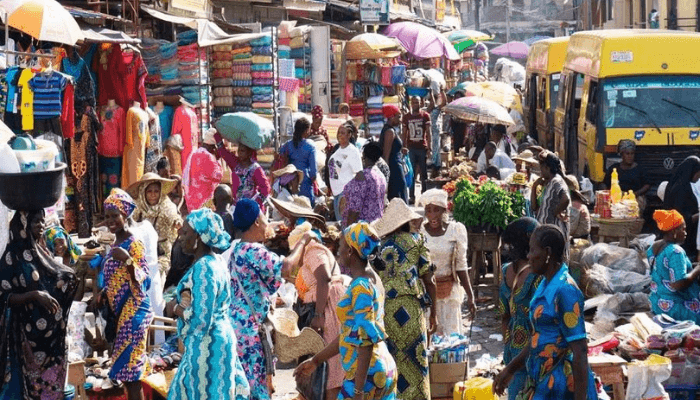
Nigeria devoted a staggering N8.93 trillion to debt servicing between January and September 2024, consuming 61 per cent of its total revenue during the period, POLITICS NIGERIA has learned.
Figures from the federal government’s budget implementation report show that debt repayments far outpaced projections, placing additional strain on limited public finances.
Expenditure Overshoots
In the first quarter, N2.26 trillion went to debt obligations, followed by N3.77 trillion in the second quarter and N2.89 trillion in the third. Each quarter overshot the budgeted N2.01 trillion earmarked for debt servicing. The cumulative nine-month bill also exceeded the N6.03 trillion projection by nearly 48 per cent.
Analysts say the persistent overshooting demonstrates how quickly Nigeria’s fiscal resources are being swallowed by debt obligations, leaving little room for investment in infrastructure, health, or education.
Weak Revenues
The rising debt burden coincides with underperforming revenues. The government expected to raise N19.4 trillion over the nine-month period but collected only N14.55 trillion. Actual receipts were N3.58 trillion in Q1, N4.88 trillion in Q2, and N6.08 trillion in Q3, each falling below the N6.46 trillion quarterly target.
The mismatch between earnings and obligations illustrates the growing fragility of Africa’s largest economy, already battling high inflation, volatile exchange rates, and underwhelming oil income.
Non-Oil Gains, Oil Woes
A closer look at the revenue profile shows non-oil revenues outperforming expectations. Between January and September, non-oil income stood at N3.65 trillion, surpassing both the nine-month forecast of N2.67 trillion and the full-year target of N3.56 trillion. Improved tax collection from corporate income tax, VAT, and customs duties was credited for the stronger performance.
Oil revenues, however, continued to lag. Nigeria earned N4.63 trillion from crude in the same period, well short of the N6.13 trillion target and significantly below the full-year projection of N8.17 trillion. Production shortfalls, pipeline vandalism, and large-scale crude theft remain major setbacks.
Mounting Concerns
The International Monetary Fund (IMF) and World Bank have repeatedly cautioned that Nigeria’s debt trajectory is unsustainable without structural reforms. With more than half of government revenue now spent on debt servicing, policymakers face stark choices between meeting financial obligations and investing in critical development needs.
The government has embarked on tax reforms and is pushing technology-driven revenue collection to boost non-oil earnings. Still, fiscal analysts warn that unless oil production stabilises and spending discipline improves, Nigeria’s debt service problem will continue to erode economic stability.
